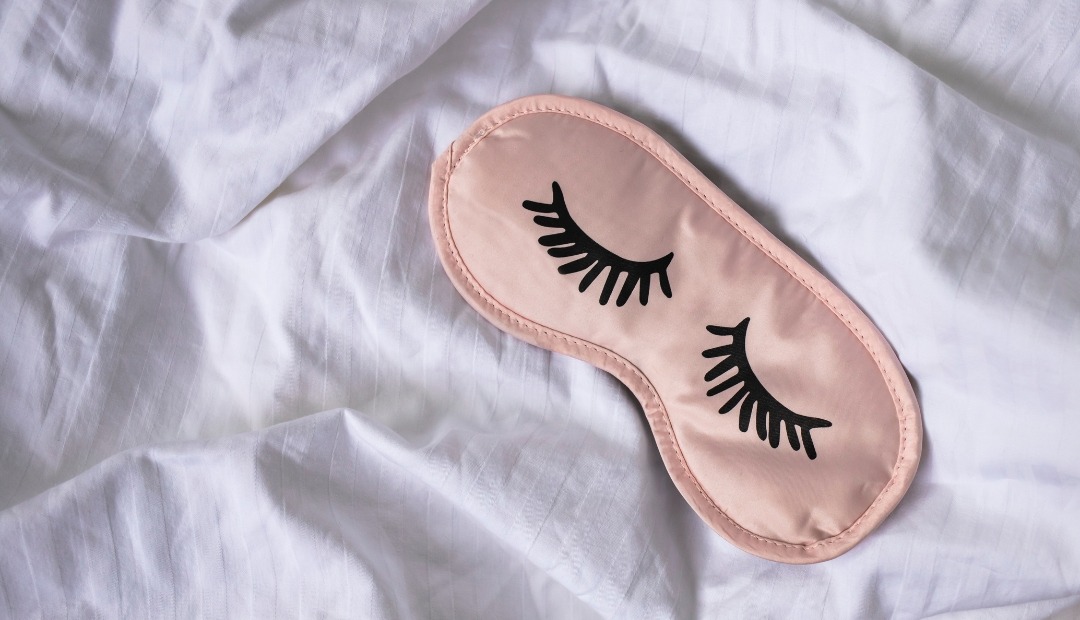As an adult, you might feel like you took afternoon naps during childhood for granted. After all, adulthood involves less playtime and naptime and more doing.
But that doesn't mean you should get less than the recommended eight hours of sleep. In fact, getting a full night's sleep is key to a healthy lifestyle.
And like most people, you probably know that already.
Despite that, many of us are sleep-deprived. Perhaps it's because of work, school, children, stress, or even family or friend drama. Or, maybe it's just difficult to fall asleep quickly.
So, to help you maintain quality sleep time, we listed a few ways to create a bedtime routine for better sleep.
Stick to Your Bedtime
Starting your morning feeling sluggish and exhausted can define your day ahead. So if you want to feel rejuvenated after waking up, you have to figure out what time you should hit the hay-and be consistent about it, including on the weekends.
Once you've set your bedtime, you should begin your nighttime routine at least 30 minutes before sleeping. That way, you can set your mind to going to bed at your scheduled time and find time to unwind and destress before drifting off.
Have a Light Dinner
If you often indulge in heavy meals and caffeine before bedtime, you might find yourself going to the restroom in the middle of every night. On the other hand, going to bed on an empty stomach can make it hard to fall asleep.
That's why you have to find the balance between eating too much or too little dinner. And if you do get hungry before bed, you can always munch on light, healthy snacks, such as yogurt or berries.
Enjoy a Warm Bath
If you want a better night's sleep, you have to prepare your body for nighttime. One great way to do so? Take a warm bath an hour before bed.
The warm water from the bath will increase your body's temperature. And as you dry it off and allow it to evaporate, your body will cool down.
This imitates the natural drop in body temperature during melatonin production in the evening. As a result, it triggers a sleep reaction, creating a feeling of tiredness and relaxation.
Unplug and Disconnect
Have you taken up a habit of using your phone before bedtime? You might have to cut down on your screen time or eliminate it completely once you step into your bedroom.
Your devices emit a strong blue light that tricks your brain into thinking it's morning. So keep your electronics away, or better yet, put them in a different room.
If you want to unwind before sleeping, you can always pick up a good book, which can greatly help improve sleep quality.
Prepare Your Bedroom
Your bedroom should be an oasis for sleep-not for work or entertainment. So, to enjoy a night of better sleep, you have to keep it dark, cool, quiet, and best of all, comfy.
Transform the room into a sleeping haven by cleaning and decluttering, bringing the temperature down, removing electronics, investing in a good-quality mattress, and dimming or turning off the lights altogether. If light from outside happens to stream into your bedroom, consider covering your windows with blackout curtains.
Immerse in Relaxation
Does the scent of lavender calm you? Do you fall asleep faster with Bach playing in the background?
Whatever relaxes you, include it in your bedtime routine. It should help you destress and avoid making you feel wired.
You might also want to consider meditating or doing gentle yoga stretches. Mindfulness practices can put your brain in a more peaceful place and in turn, give you better sleep and relaxation.
Keep a Journal
If your creative juices flow faster at night and keep you up until dawn, you might want to keep a journal on your bedside table. Doing so can help you sort your thoughts better and put everything in perspective.
Consider keeping a gratitude journal. It can prevent you from overthinking and worrying and help you focus on the positive things-making you feel more refreshed and grateful upon waking up.
Sleep is a vital function to good health, clarity, productivity, and general positive feelings of well-being. Trying these simple techniques can be the difference in having a good day or … not so much. Find what works for you and get your much needed rest so that you can awake ready to conquer the day ahead.
